
The extravaganza and history offered by Machu Picchu are unlike anything in the world. Once you go to the local landmarks in Peru, you get to feel out of this world, with one of a kind places to explore and stunning locations. In addition, entering Machu Picchu can be a tad difficult since quite the hike, but getting there makes it worth it. You have access to one of the most impressive old cities that are still well-preserved.
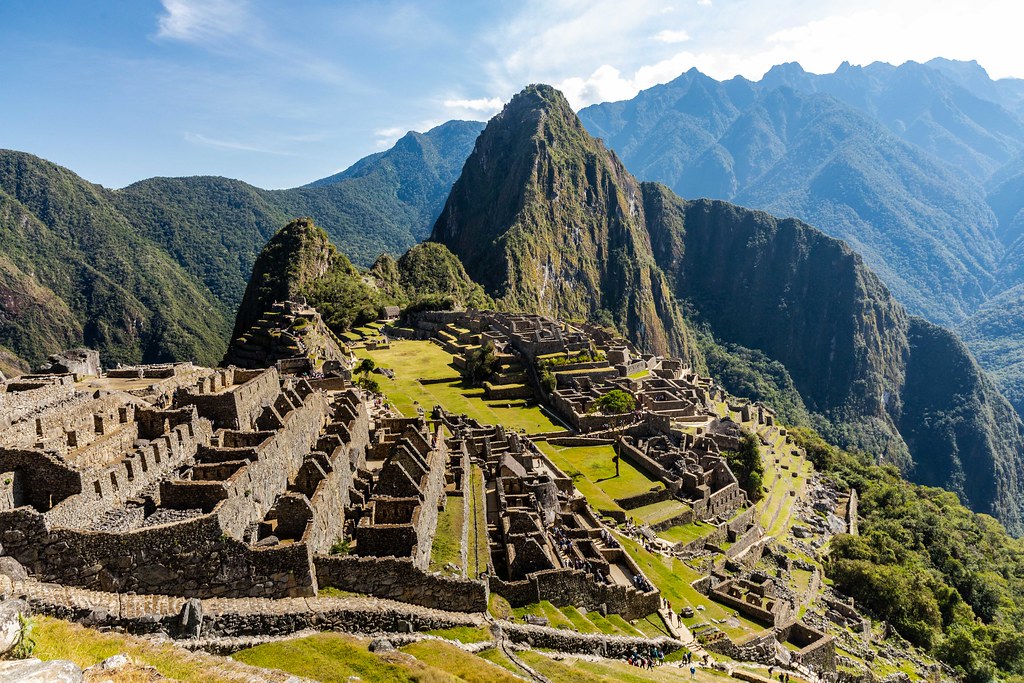
Ideally, you want to have a tour guide. Despite that, you are still allowed to enter on your own if you want. In case you decide to hire a guide, you can pay them with cash, either local currency or USD. Ideally you want to have a tour guide, since you get to learn more about the local architecture, mysteries and other intricacies of Machu Picchu.
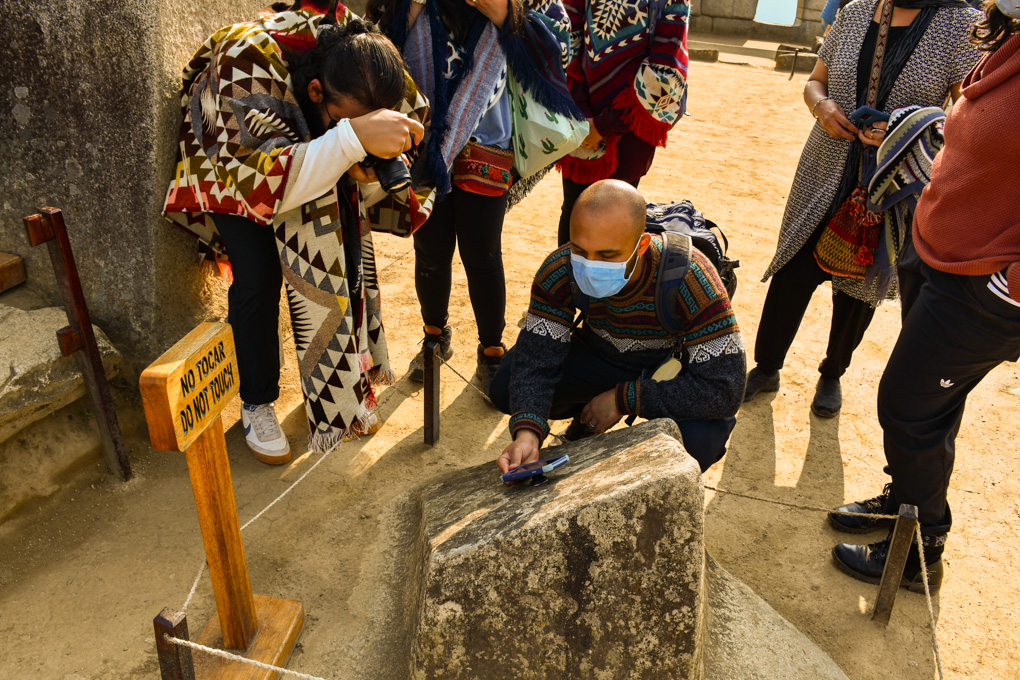
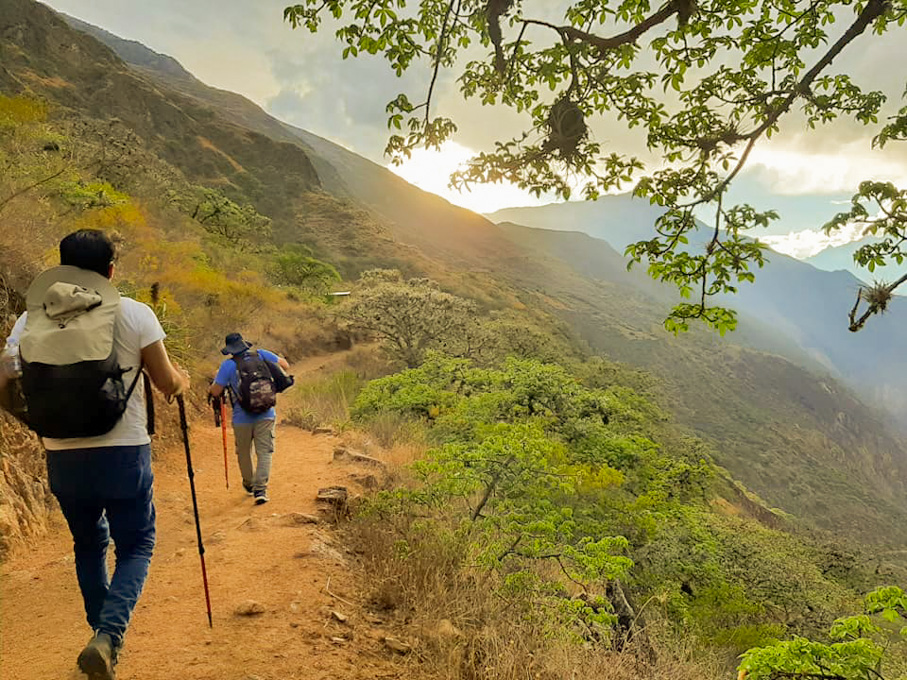
You can’t find restrooms inside of Machu Picchu. Once you enter the Machu Picchu landmarks zone, there is no bathroom you can access. That’s why you have to go to Aguas Calientes bathrooms before visiting Machu Picchu. There are no public bathrooms or restroom facilities close nearby.
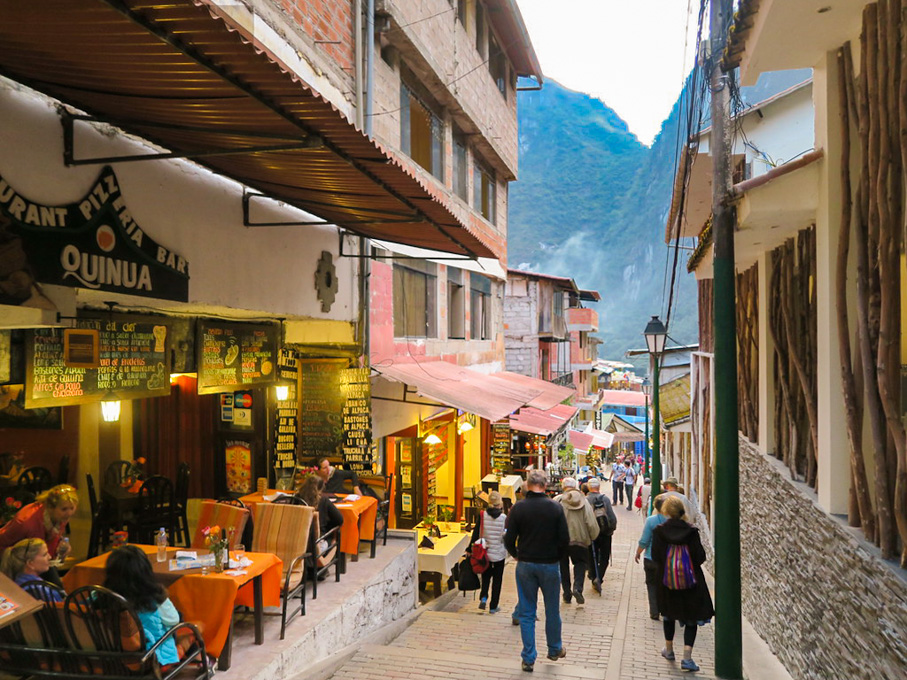
It can be difficult to narrow down a specific time. However, you want to go between March and May, or between September-mid December. That way you avoid the rainy season. When you visit outside of the rainy season, you have good weather and the aforementioned months also have less visitors too. The Dry season might be the best time to visit, however crowds will be abundant especially between June and August.
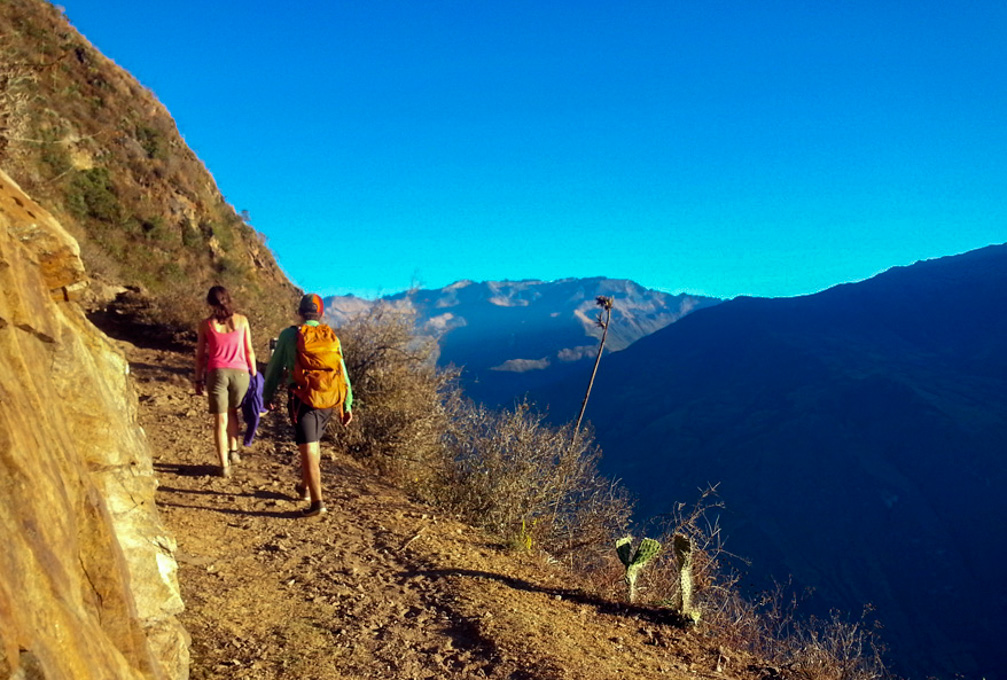
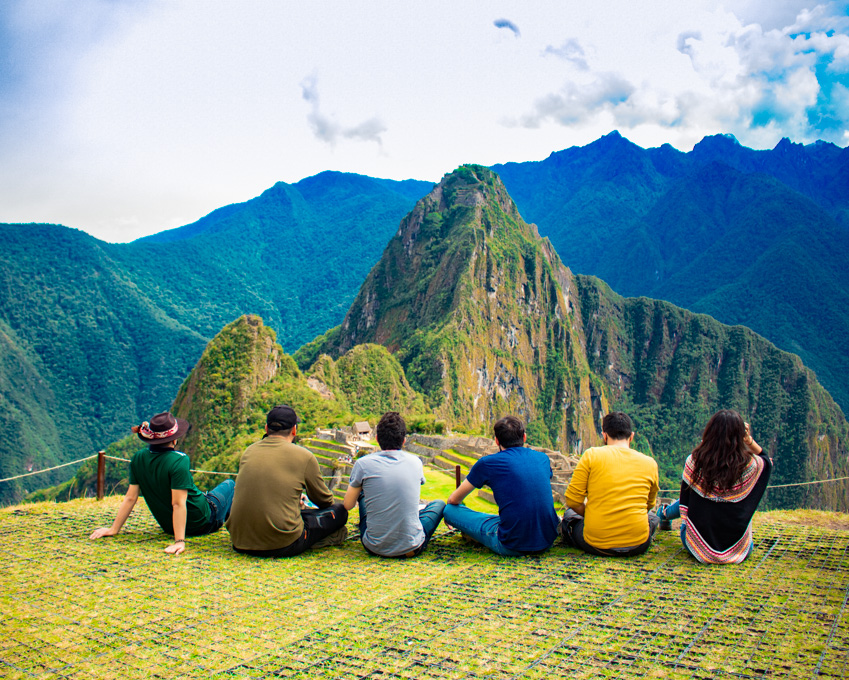
You are not allowed to camp within the Inca Citadel specifically. However, you are allowed to camp on the Inca Trail. There are various campsites you can access along the way, and they vary when it comes to features provided and amenities. However, you can’t go within Machu Picchu’s campsite and expect to camp there.
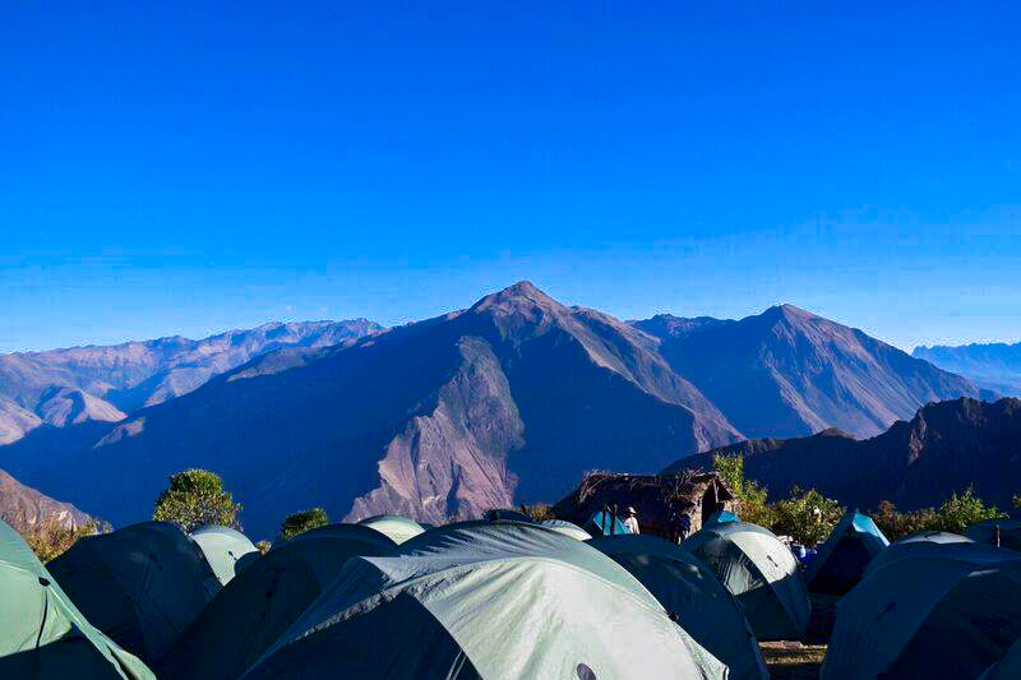
When you go on a Machu Picchu trekking experience, it usually takes around 2-3 hours to see most of the stuff via a guided tour. In some cases, you can even go to the Aguas Calientes within the same day. So in general, a single day will be more than enough to go to Machu Picchu and explore the campsite. A guided tour is the best option because it’s organized in such a way to experience the campsite in a few hours.
The authorities will not close Machu Picchu aside from February, unless there are extreme conditions or any problems. Keep in mind that talking with the authorities is the best way to figure out when or if the Inca Trail is closed. It’s important to acquire the best equipment, since you will deal with mud, intense rain and other obstacles. In conclusion, it is possible to visit Machu Picchu even while it’s raining.
The road to Machu Picchu goes through the mountains. It’s not an extreme trail, but it will test your skills. Adequate cardiovascular activity and daily workouts will help you more than enough. Simply put, you need to be physically active, so if you’re not, you can get started with cardio workouts, running and light activity.
It’s imperative to acquire tickets in advance if you can. There is a daily ticket limit of up to 4000 tickets. Make sure that you always buy beforehand, just to avoid unpleasant situations. Buying around 1-2 months in advance, maybe more, will ensure your spot and you don’t have to worry about not having any tickets left. The daily capacity is sometimes extended up to 5600 tickets during the high season. Still, buying in advance is the best way to safeguard tickets for Machu Picchu exploration.
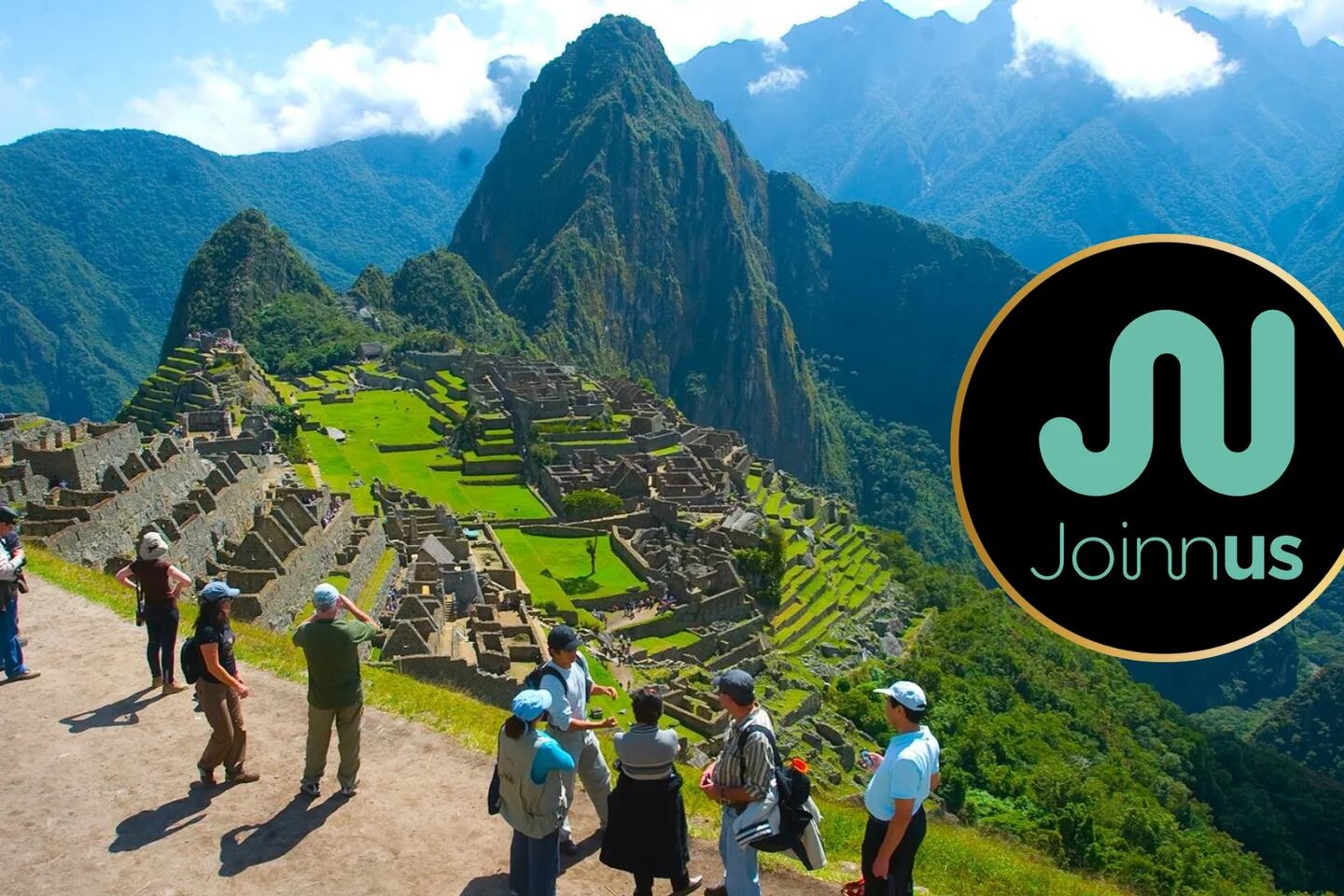
Families can also bring their baby to see the Machu Picchu location. That being said, kids need to have a parent in order to enter. That will depend on the tour guide and company, so keep that in mind. Kids are allowed to enter and visit Machu Picchu, but they can’t be alone.
There are certain things that you are not allowed to take with/bring at Machu Picchu:
• Drones
• Metal tipped canes
• Flags, baby carriages
• Heels
• Paints
• Musical instruments or speakers
• Clothing meant to advertise something
• Alcoholic drinks
• Animals
• Drugs
• Very large backpacks
• Selfie sticks and filming stabilizers
Generally, this is mandatory, although there are restrictions. It’s a great idea to work with a travel agency, since they can provide you a tour guide. Learning more about the Machu Picchu significance and Machu Picchu artifacts or geography is easier with a guide from a travel agency!
If you want to explore Machu Picchu, you definitely want to take quite a lot of pictures too. There are some great angles and places where you can take photos from. The Huayna Picchu Summit is a great option, but also the Sun Gate and the Guardian House.
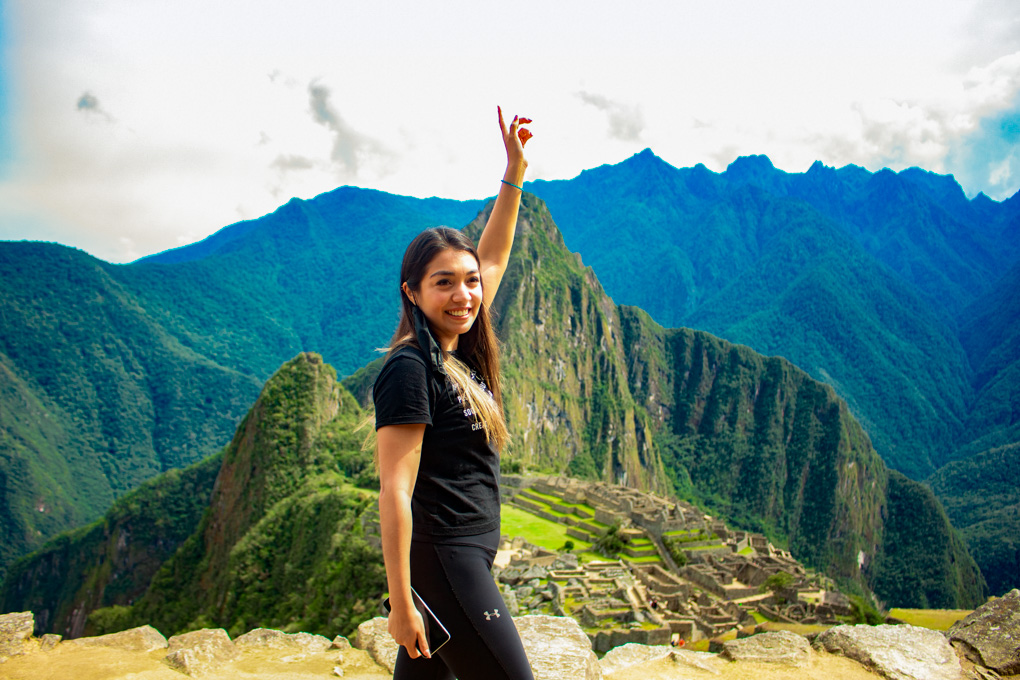
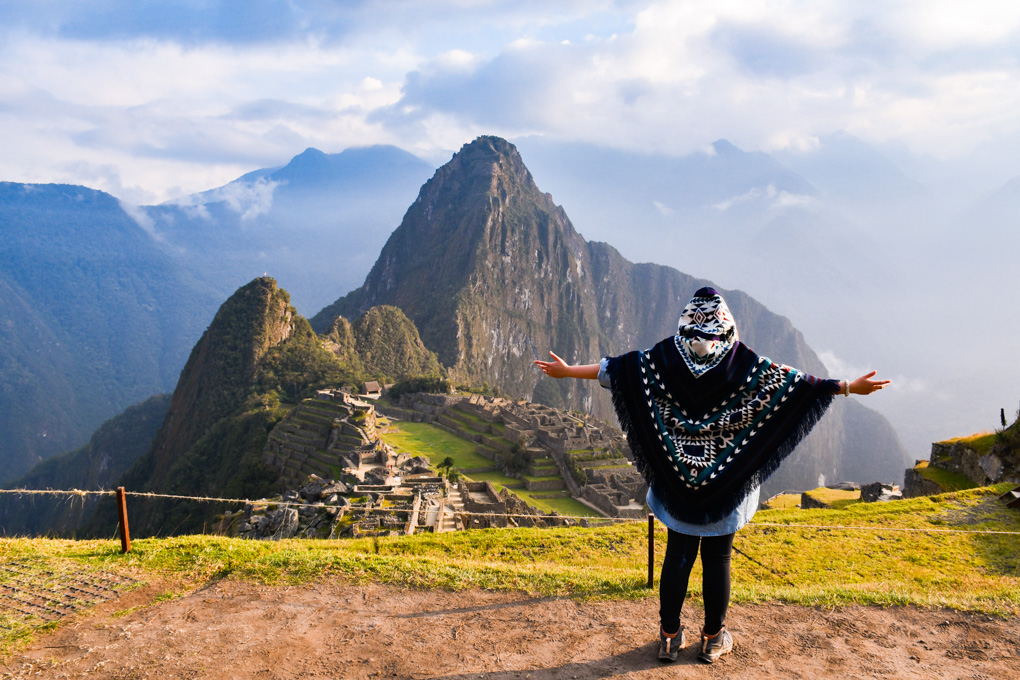
You can go to Machu Picchu up until 5.30 PM. Once that hour is reached, no more admissions are allowed, and you can’t enter the establishment. That’s why you want to ensure you arrive on time.
Naturally, the rainy season is one of the worst times you can go to Peru and on the Inca Trail. January and February have very bad weather. It’s the reason why February is when the Inca Trail is closed. There’s intense rain, landslides and other issues that can make visiting Machu Picchu very dangerous during that time.
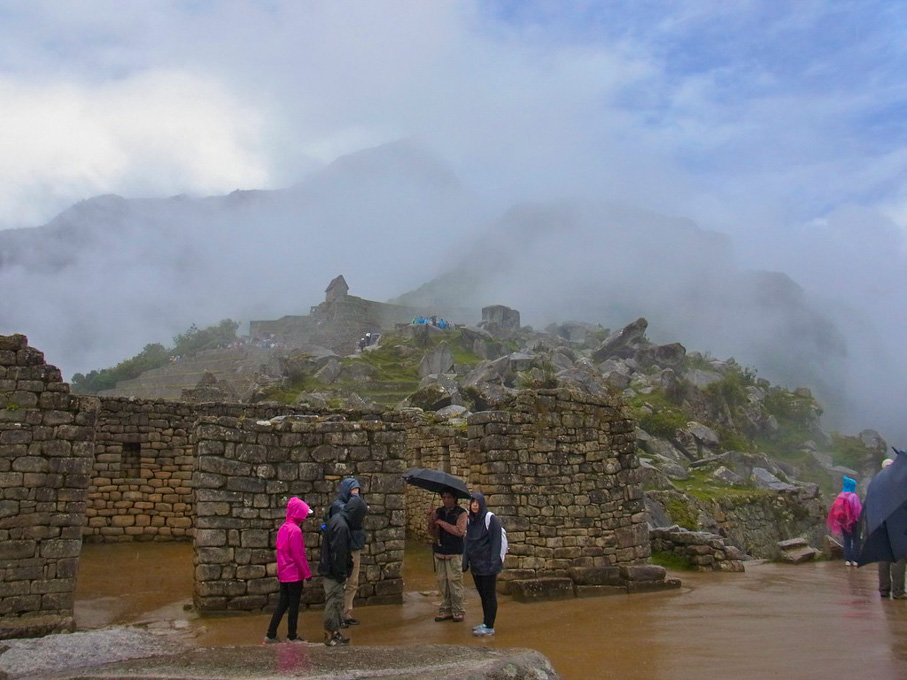
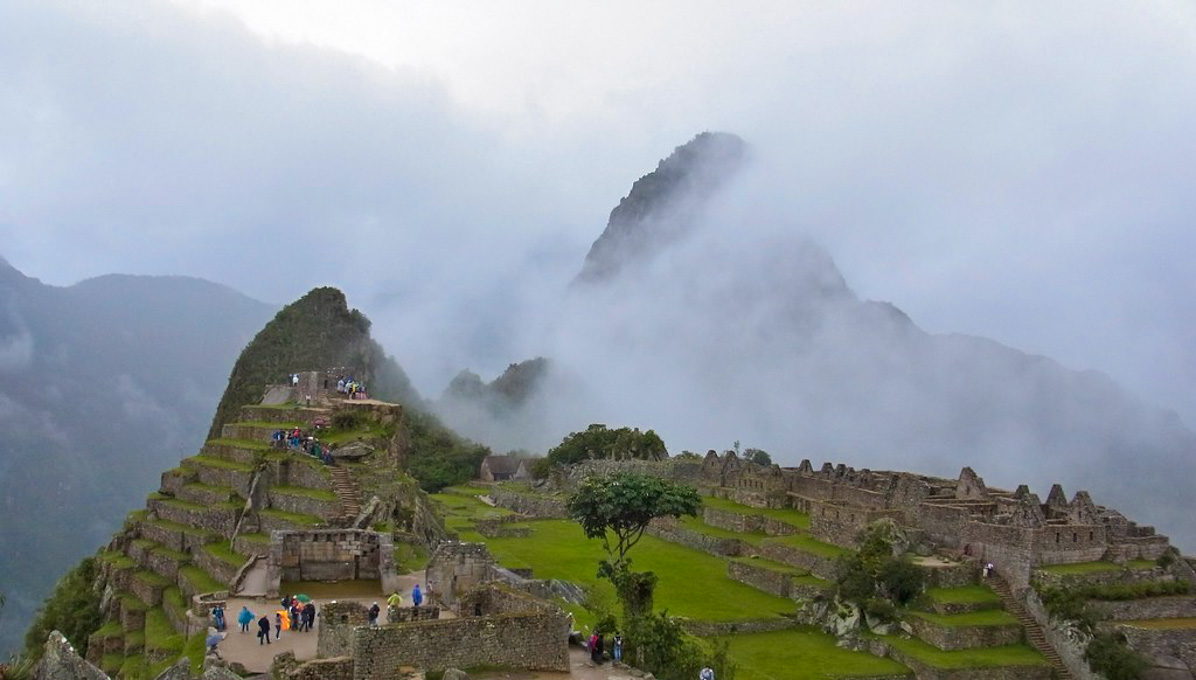
Normally, the lowest prices are during the least crowdy periods. That means during the rainy season you will have lower prices. However, you can also get lower prices if you book way ahead of time, if you book it as a part of a travel package, etc. Working with an agency can sometimes net you better deals too.
There are tour guides for hire at the entrance. You can hire them on the spot. The thing to note here is they will have different skills when it comes to English, their local knowledge and so on. Keep in mind some of them will have expensive prices. Also, the average price for a ticket is around $45. However, prices will differ based on season, demand and so on.
Machu Picchu is at 2430 meters. By comparison, Cusco is found much higher at 3399 meters. The difference here is that you will go through various mountain paths and tricky locations as you reach the old city. It’s however a one of a kind, outstanding adventure that you can’t replicate or find anywhere else.
You are in a mountainous region without very good signal. That means the only signal you can get is in towns close to Machu Picchu, like Aguas Calientes. However, there is no Wi-Fi within the Machu Picchu site. So you will have to wait for any Wi-Fi activity until you reach Aguas Calientes.
You are going in a mountainous region, so it’s possible to encounter bugs and some mosquitoes. You should have a repellent ready to use, just in case you will be facing any mosquitoes. However, bugs are more of a problem, especially at lower altitudes. As you get higher into the mountains, UV rays become the main issue, and you will need sunscreen protection.
It’s recommended to take the train. The Inca Trail hike will have some steeper and exposed locations. But you can try to avoid looking down and focus on assistance from your guides. However, for the most part the trek is not very difficult. It will require good fitness and high stamina levels, though!
There are ATMs in Aguas Calientes. However, it’s a good idea to always have cash with you, as most services will require you to pay cash. Also, the ATMs require certain fees, so it makes sense to be prepared and learn more beforehand.
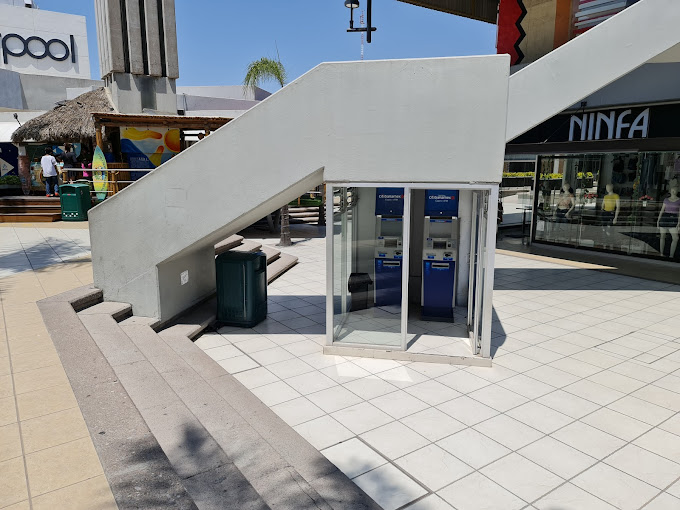
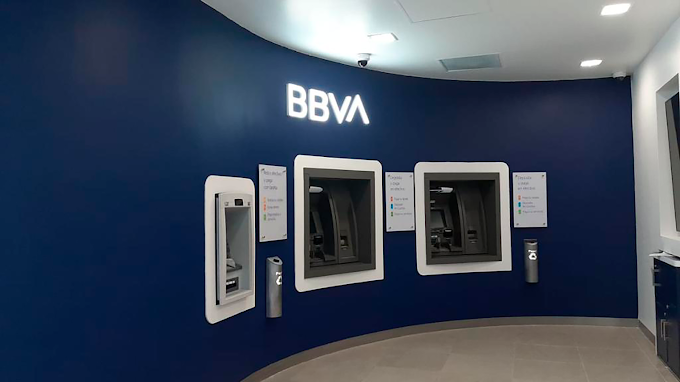
With the basic ticket, you can have around 4 hours to visit. If you get the extension with Huayna Picchu, that will be 6 hours to visit. Machu Picchu + Mountain will be 8 hours in total. So the amount of time you are allowed to stay depends on your ticket, but it’s anywhere from 4-8 hours.
Whenever you visit Machu Picchu, you want to travel lightly, if you can. Ideally, you should have a single backpack or bag, and an overnight bag.
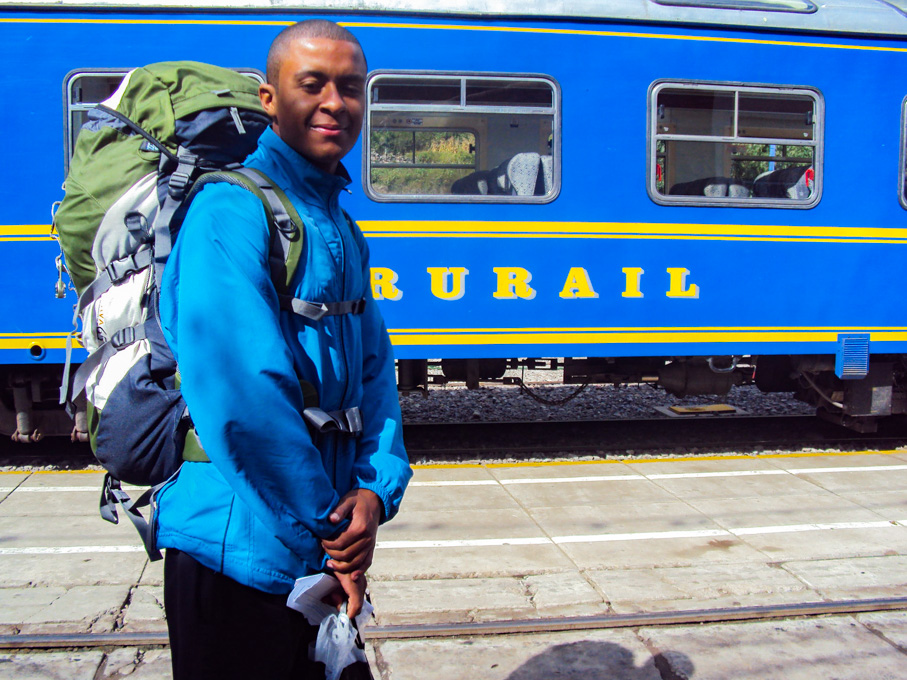
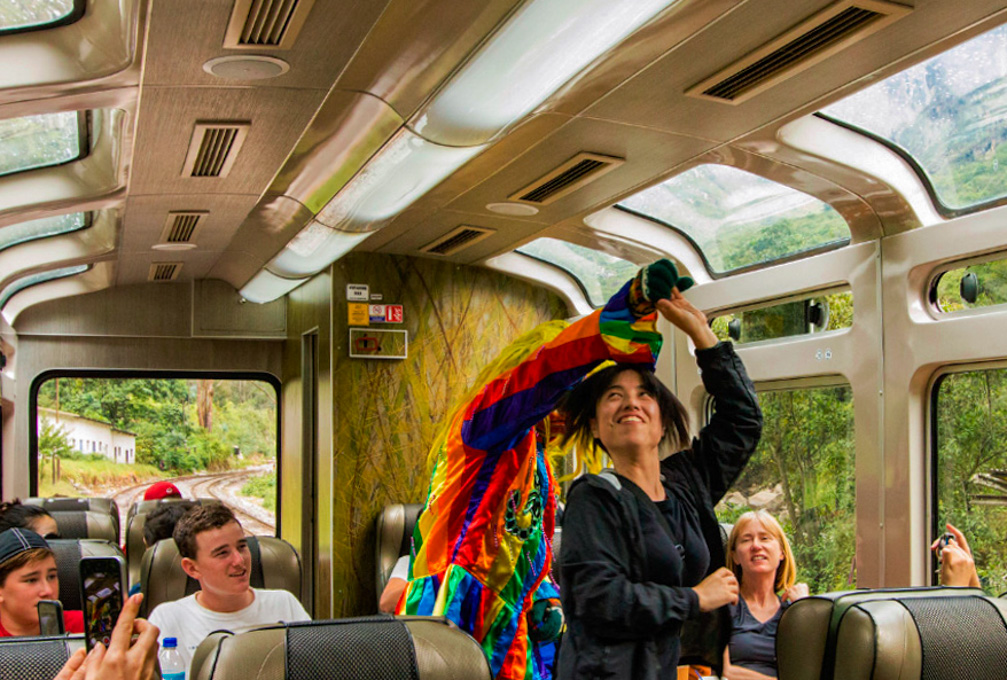
Since it was a large city, locals were focused a lot on farming. But due to the treacherous conditions and very high altitude, the only way to farm was through terraces. Using terraces for farming was very important during that time. These terraces are a feat of engineering, they look astounding, but they were also meant to offer good soil drainage, while avoiding landslides and protecting the mountain!
The first time foreigners visited the region was during the late 16th century. At that time, Spanish conquerors gained control over the region, and they had notes about Huayna Picchu, the original name given to the site by locals.
Aguas Calientes does have lodging options, and prices will vary. There are more affordable, but also quite expensive options. So it’s up to you to make the right choice and find the best lodging experience that fits your requirements.
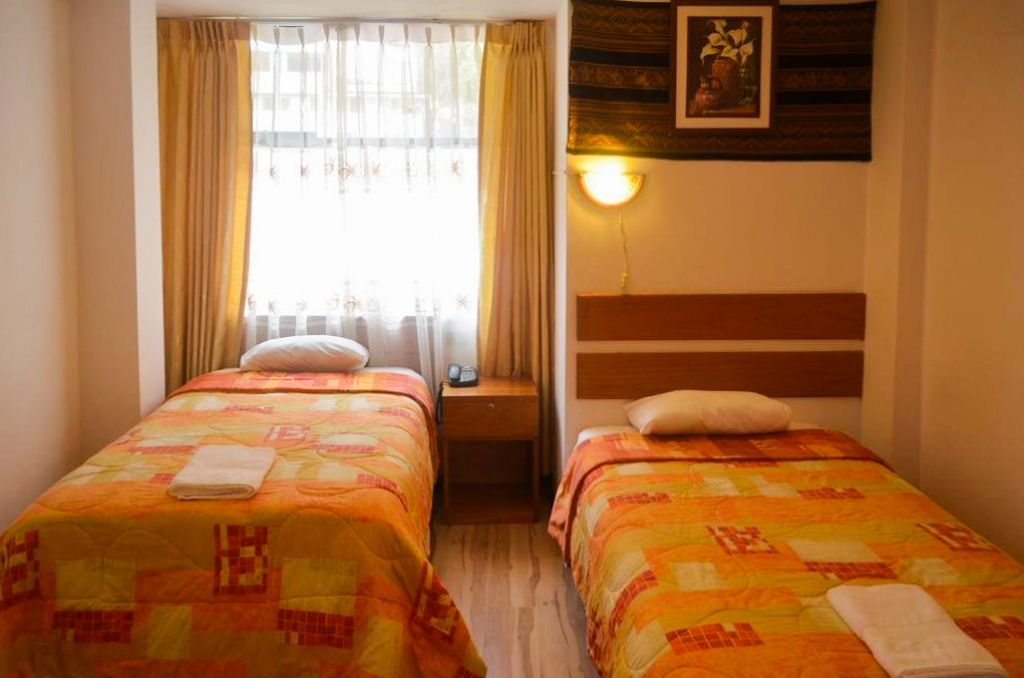
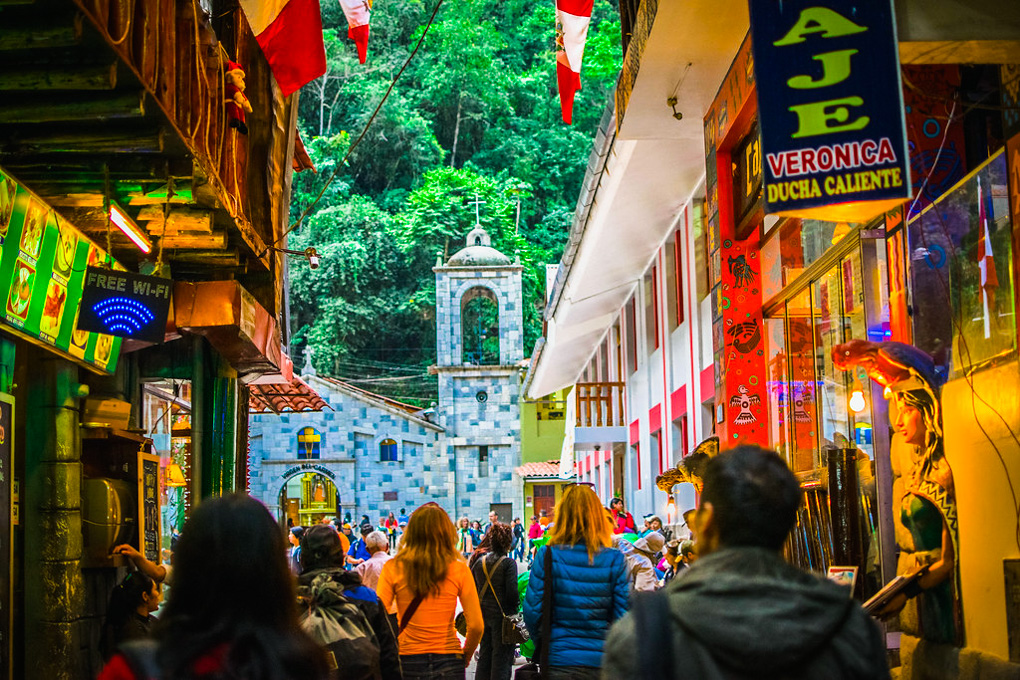
Yes, there is a local train service that will take you close to Machu Picchu. However, you can also go by bus or hike via the Inca Trail. All of these are stunning, amazing experiences for anyone that wants to check the Machu Picchu geography and neighboring regions.
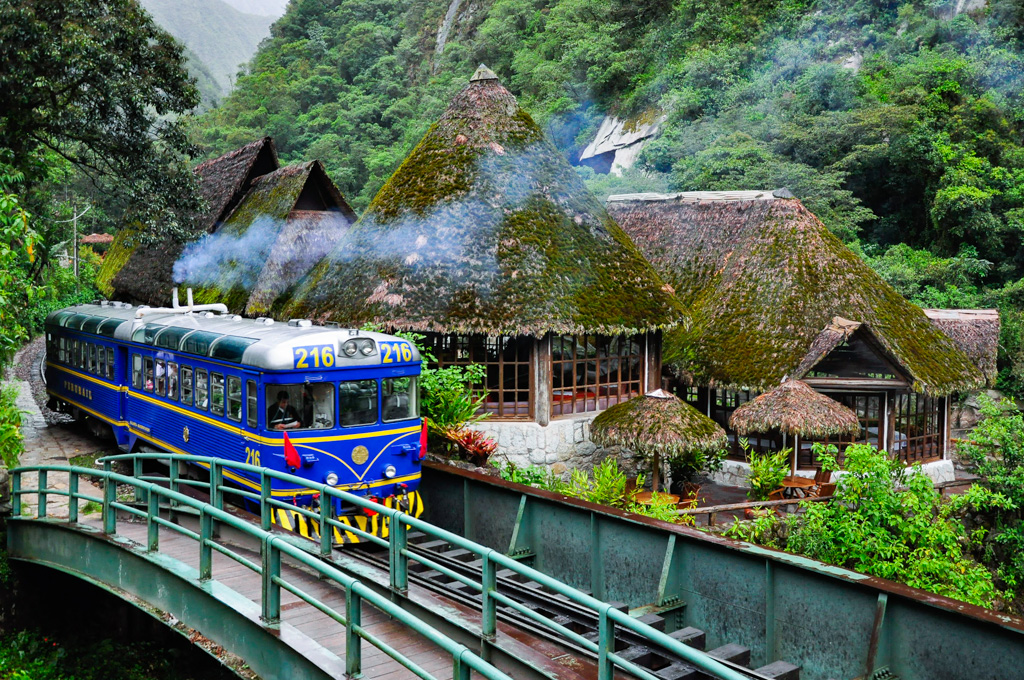
From what we know, Machu Picchu was completed, however it was a growing city. And that’s why we will see many unfinished constructions. It’s not because Machu Picchu was incomplete, rather the city was expanding and they were constantly adding new buildings there. There are many other Inca sites in the region that seem deserted. Yet historically, Machu Picchu was known to be a complete city. And as any other city, it always expands, hence the reason why some parts might not feel complete.
60% of the construction is underground. However, those are the drainage system, the foundations and other important constructions. They are more on the structural side, however they are pivotal to Machu Picchu’s durability.
These amazing facts about Machu Picchu show how important the city was, and why should consider visiting it. There are lots of interesting things to know about visiting Machu Picchu, ranging from when you should visit it to what precautions you need to take, when to buy tickets, etc. We think our quick guide gives you a good idea of when to explore and visit this miraculous, stunning city!

Search
